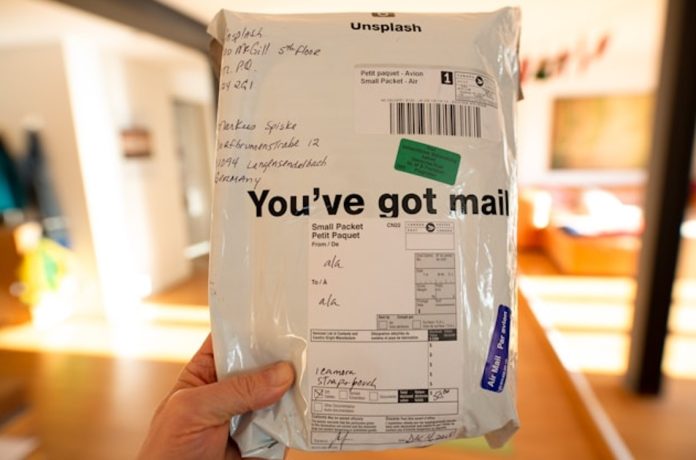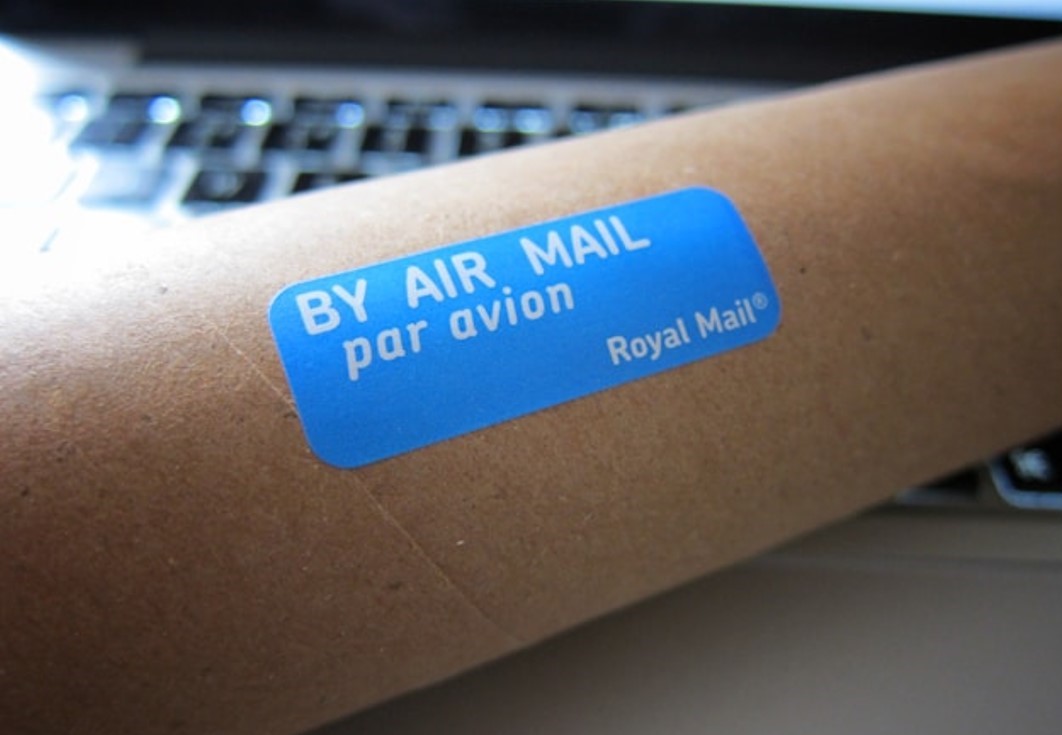
Sending parcels to African countries can be a time-consuming venture. You need to know all the rules for UK to Africa parcel forwarding, including measurements and any goods that may be prohibited. Transportation may also be problematic and take a long time. Don’t worry, though.
This article covers all you need to know about sending parcels from the UK to Africa. the available methods and rules as well as tips on cutting costs and saving time.
Where Can You Find Rules About Sending Parcels from the UK?
The UK Office of Communication (Ofcom) uses the 2011 Act as a source of rules for local and international parcels. Thus, you need to ensure you use correct measurements, address formats, and packaging according to this act. Here are the main rules.
Ensure You Don’t Send Prohibited Items
As long as you use international post services, you need to follow the UPU (Universal Postal Union) rules. You cannot send these items to South Africa:
- correspondence;
- live animals;
- any items, connected with fraudulent activities;
- uninsured letter-post items;
- aerosols;
- alcohol;
- ammunition;
- Christmas crackers;
- batteries;
- explosive items, etc.
You should also explore the list of prohibited goods by your postal company.
Use The Correct International Address Format
You will need the full address of the recipient. You need to mention the name of the destination country on the last line of the address and in capital letters. Using the English language is acceptable.
Add Contacts of the Recipient
This is not crucial, but the UK Post recommends it. International parcels can be missed sometimes. Ensure you add the recipient’s phone number and email, so any post office can contact them. This is a protective measure in case your parcel goes missing or is lost.
Attach Custom Declaration
The post office will consult you on how to create an international declaration. When using a private company to send your parcels, they will often create this for you. You will need to use either CN22 or CN23 forms. These are standard papers for all international parcels.
You will be offered to fill out this printed form in the post office. If you use address sending, make sure the courier offers you the form and attaches it to the parcel.
Convert to Metric System
As a UK citizen, you may use the imperial measurement system. This is alright when you send parcels across the United Kingdom however it’s important to note that South Africa’s standard is the International Metric System (SI). Use online tools to convert your measurements into this standard.
Correct conversion is also a way to save time and costs. Make sure you convert all figures correctly and don’t overpay when sending your parcel.
Proper Packing Materials
Most probably, your post office will offer packaging services. Although this is usually a paid service, agreeing is the best option. Professionals will pack your parcel according to international standards, reducing the chance it will be declined at African customs as well as helping to ensure it reaches it’s destination safely.
The material and packaging method will depend on the parcel you are sending. While letters need only paper, fragile items will require special protection.
Be Ready for Fees
Africa applies a fee to parcels that weigh over 40 pounds. The UK Royal Main, meanwhile, charges goods over 45 pounds. Be ready for these expenses. In case you use a private delivery company, extra fees may be included.
How do You Send A Parcel to Africa: 2 Primary Ways
Starting from 2006, the UK has open competition for post offices. Clients can choose from private and national companies, each with their own pros and cons.
Royal Mail: Cheap, but Less Reliable
Royal Main is the national post office with headquarters in London. This state-regulated post company has its advantages:
- cheaper delivery costs (parcels to Africa starting from £2.80);
- offices are widely available in all cities and towns;
- trustworthiness over decades;
- compliance with local and foreign laws.
However, Royal Mail can be disappointing for some clients. With 2.1 stars at Trustpilot, it often receives criticism. According to reviews, parcels can be lost for weeks and sometimes lost for good. The average delivery time to deliver a parcel across the UK is 1-2 weeks, while the delivery time from the UK to Africa and other countries isn’t mentioned.
This may be a good choice if you don’t require an express service and want to economize.
Private Post Offices: How to Choose One?
There are dozens of private post offices across the country. Choose ones that deliver goods to Africa and consider these factors:
- Online application. See if you can create an online declaration without visiting the office.
- Tracking tools. A good company provides online tracking, ensuring you always know where your parcel is.
- Clear pricing model. The post office should explain how the size and material of your parcel determines the price. Modern companies offer price calculators for customers.
- Sending options. See if you can send the parcel from home without visiting the office.
- Delivery speed. Airplane delivery to Africa can take less than a week but it’s important to research the delivery times from the UK to Africa for each post office to determine the best choice for your needs.
- Compensation. Mistakes can happen and it’s important to know how the company handles lost/missing parcels and if they offer any form of compensation.
- Check feedback. Read customer reviews from previous customers who have used their services. This will help you to gauge the experience other customers have had and make the right choice.
Although private companies may be expensive, they are much more reliable. When it comes to international delivery, safety and reliability are especially important. Private post offices worry about their reputation under tough competition, and this makes them much more reliable, user-friendly, and innovative.

Follow the rules for international parcels to save time and costs when sending parcels and goods to Africa. Use correct declarations, measurement standards, and ensure you use the correct address. After this, choose a reliable post office with fast and secure delivery. Finally, use tracking to ensure your UK-Africa parcel is completely safe.



































